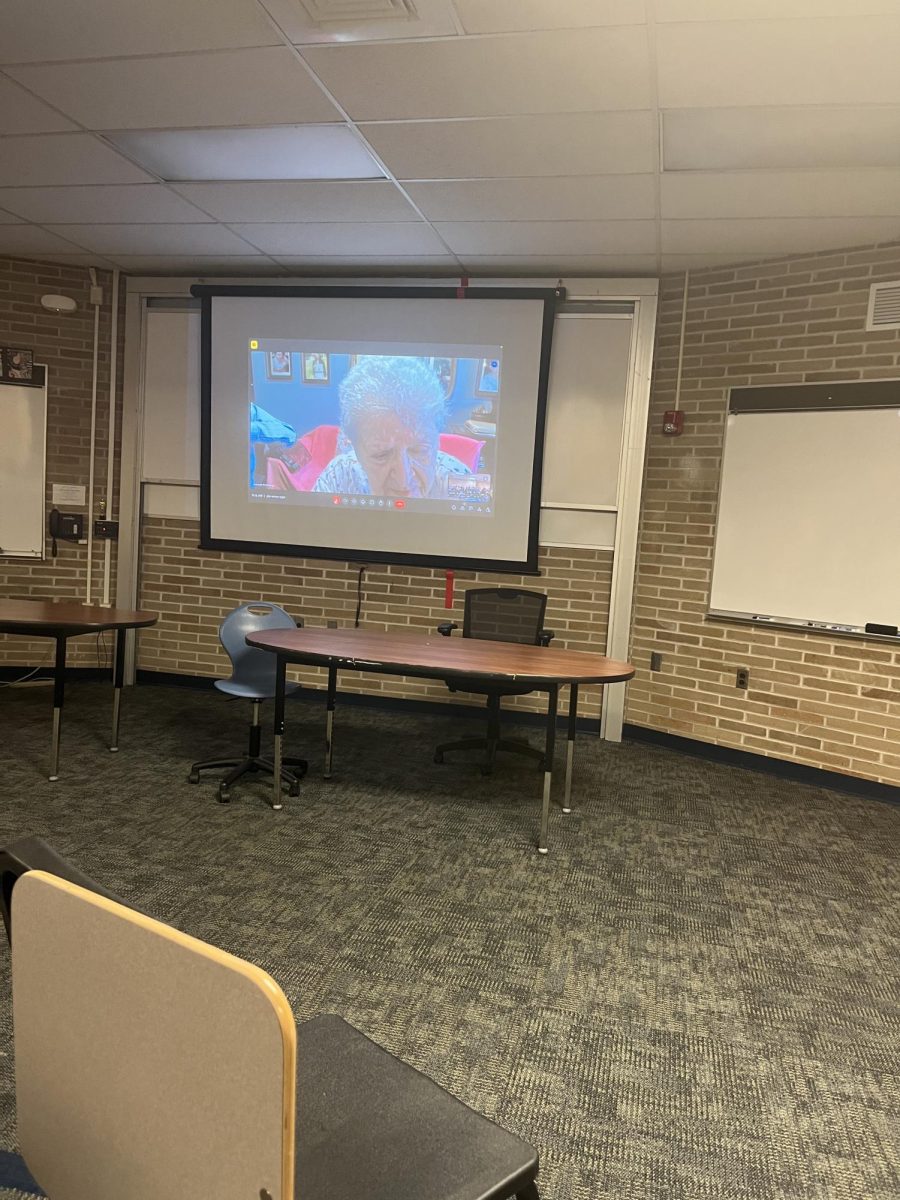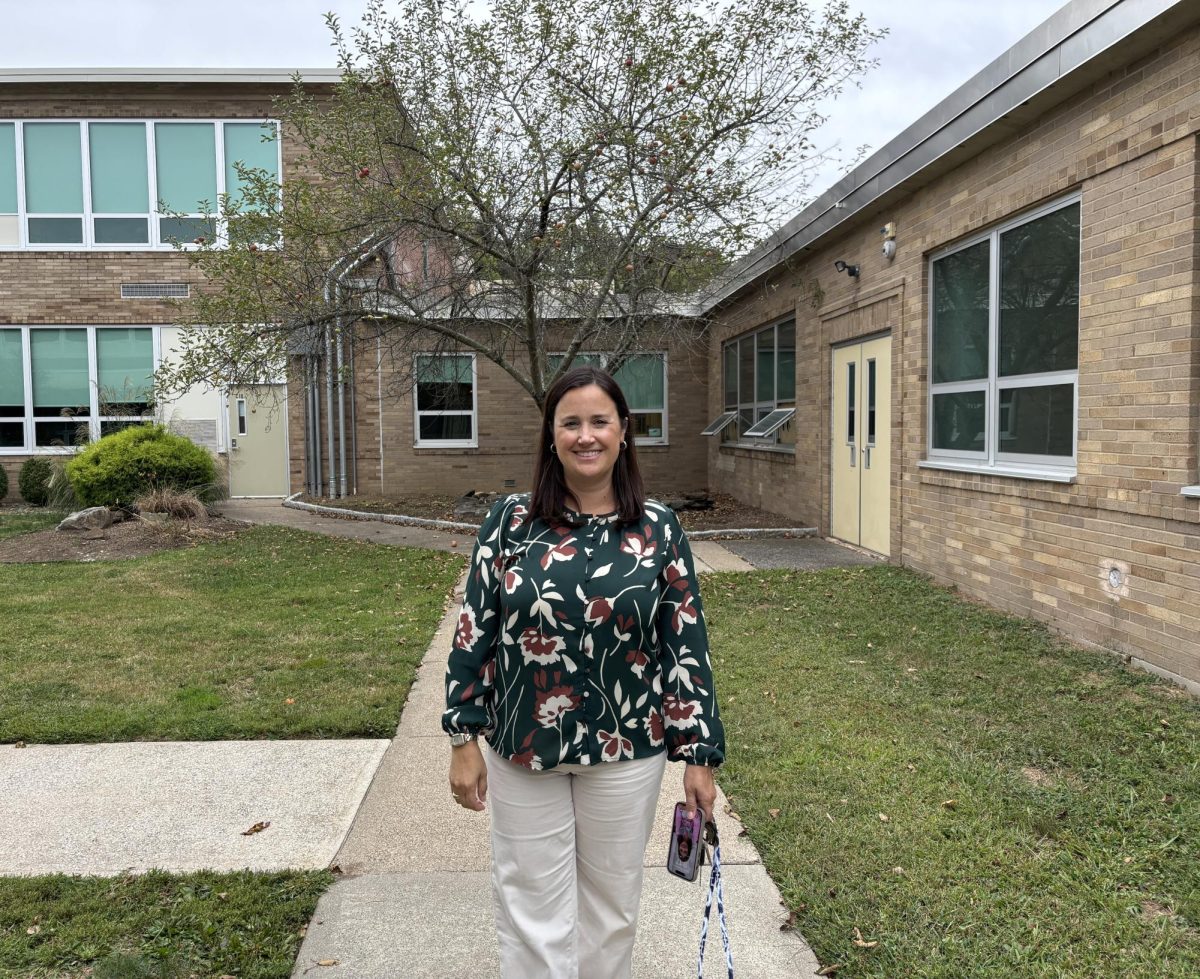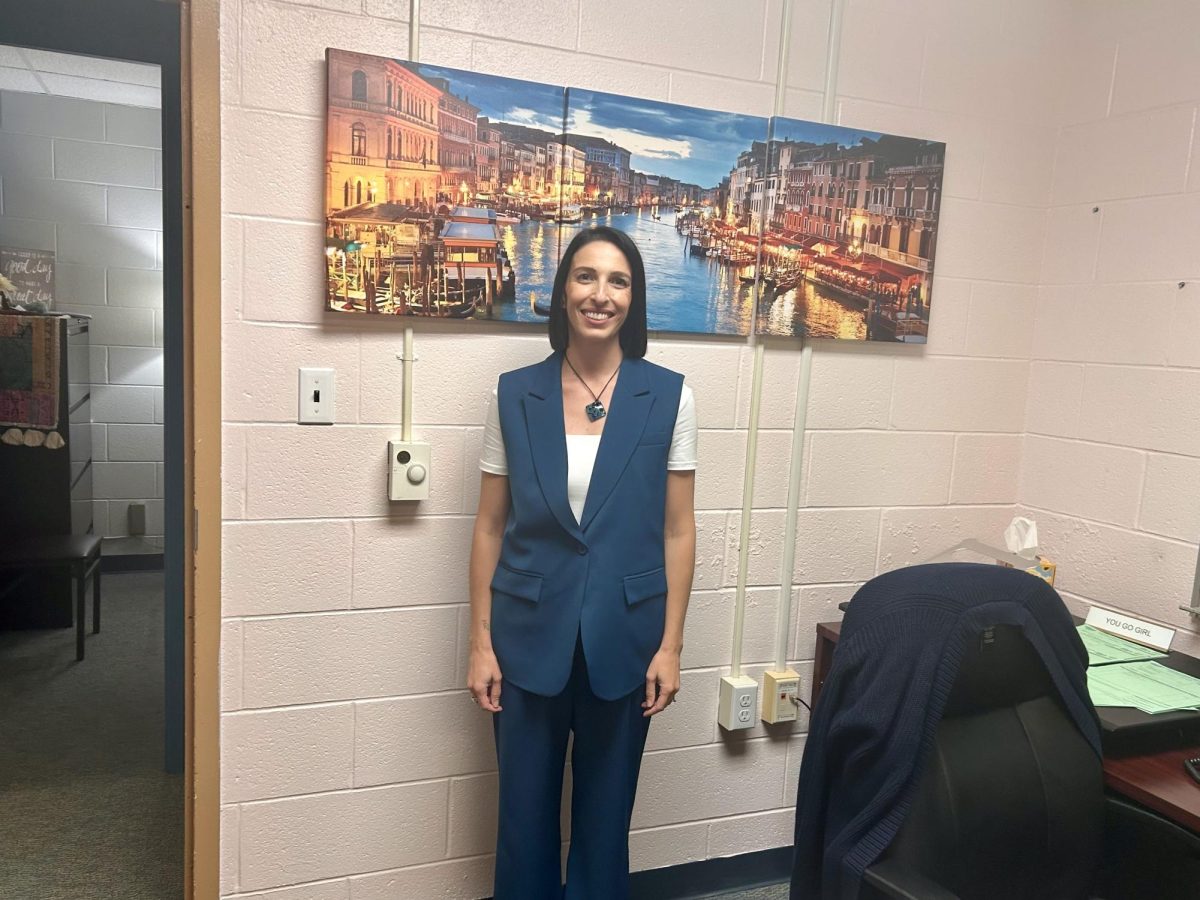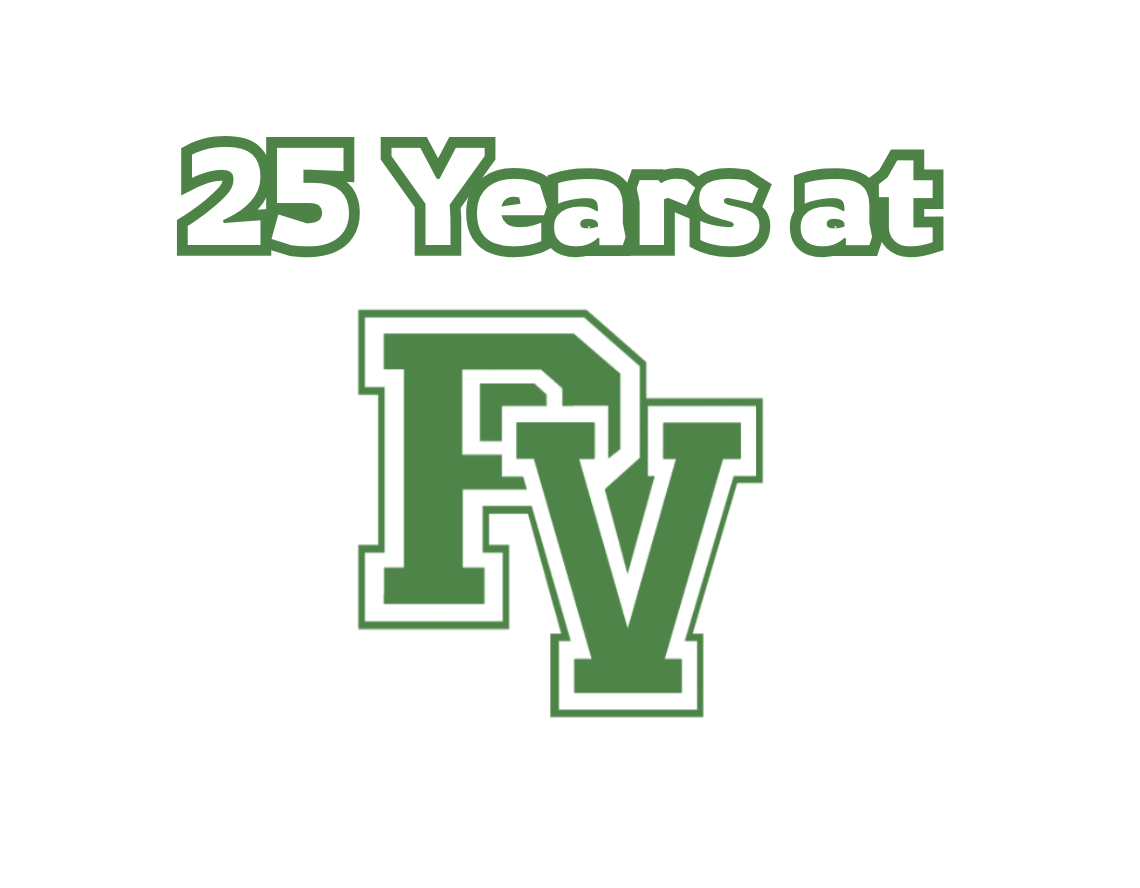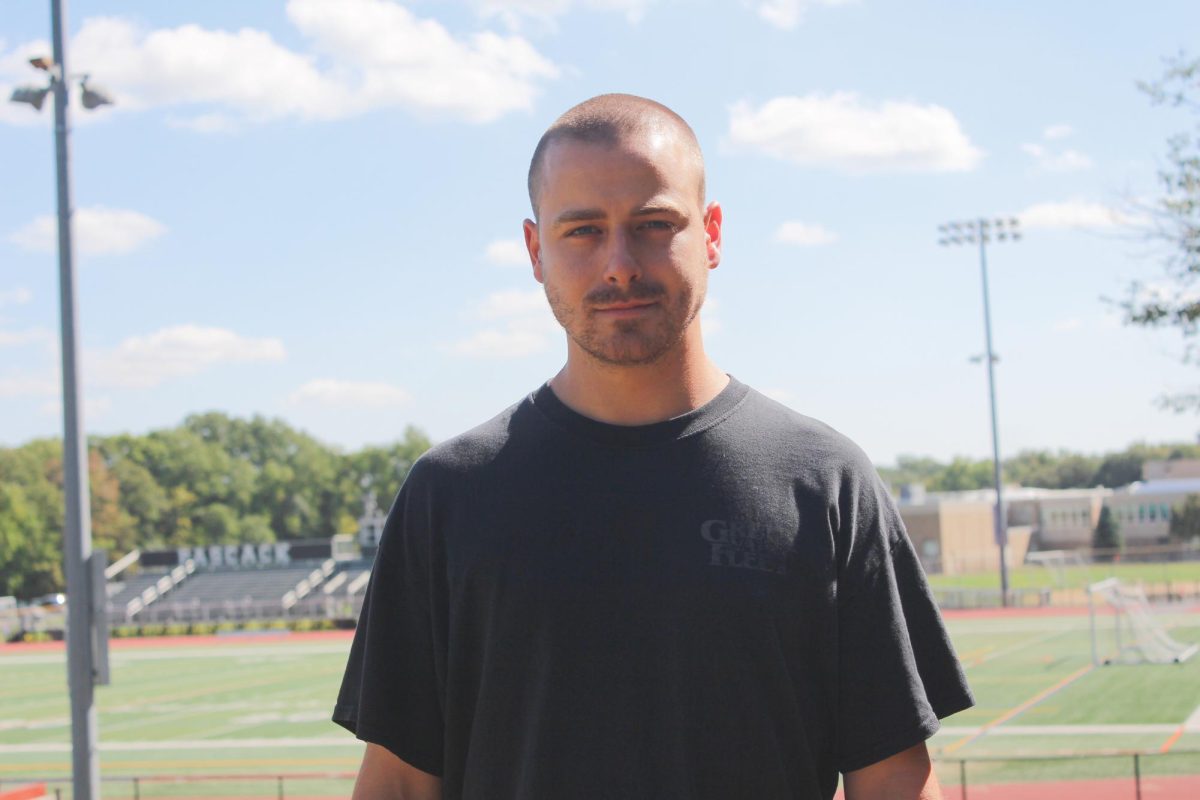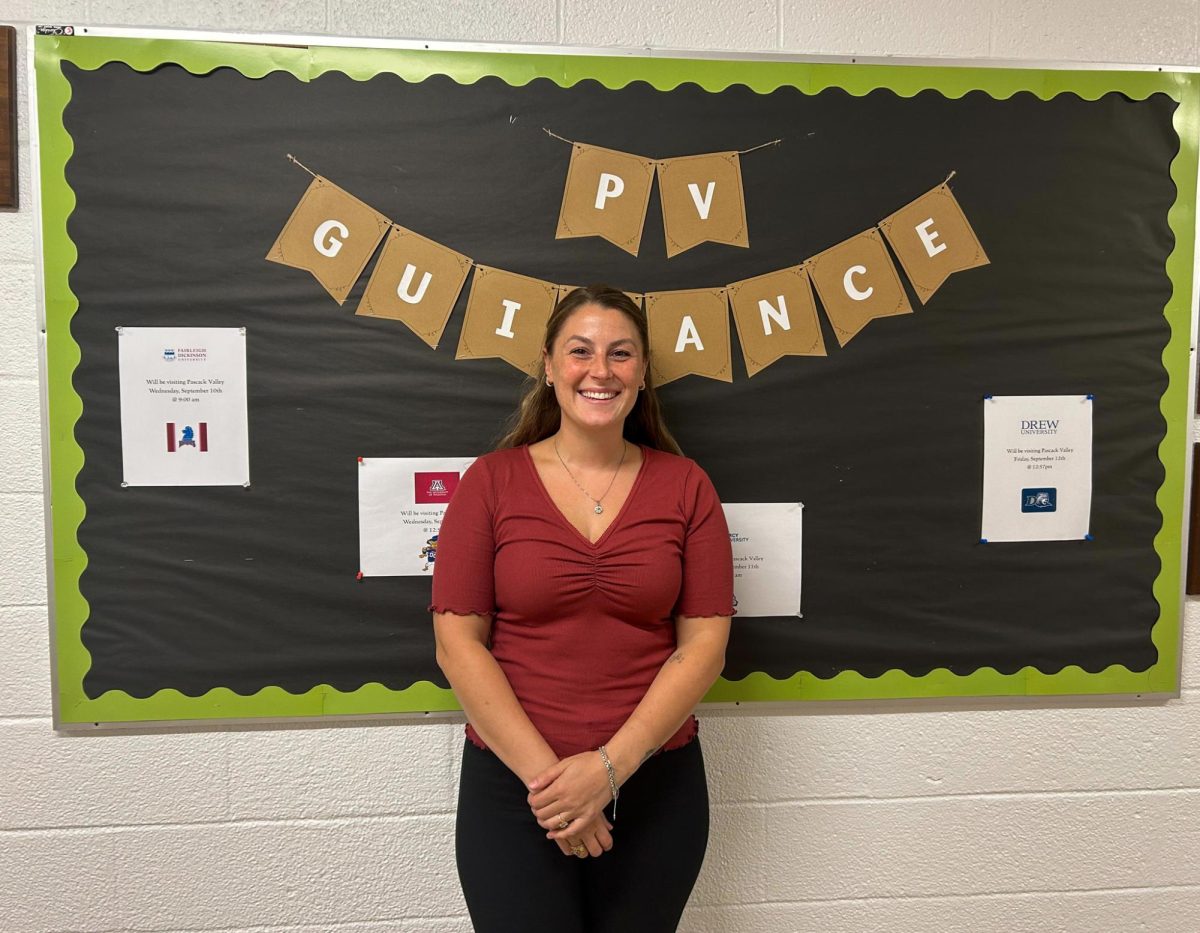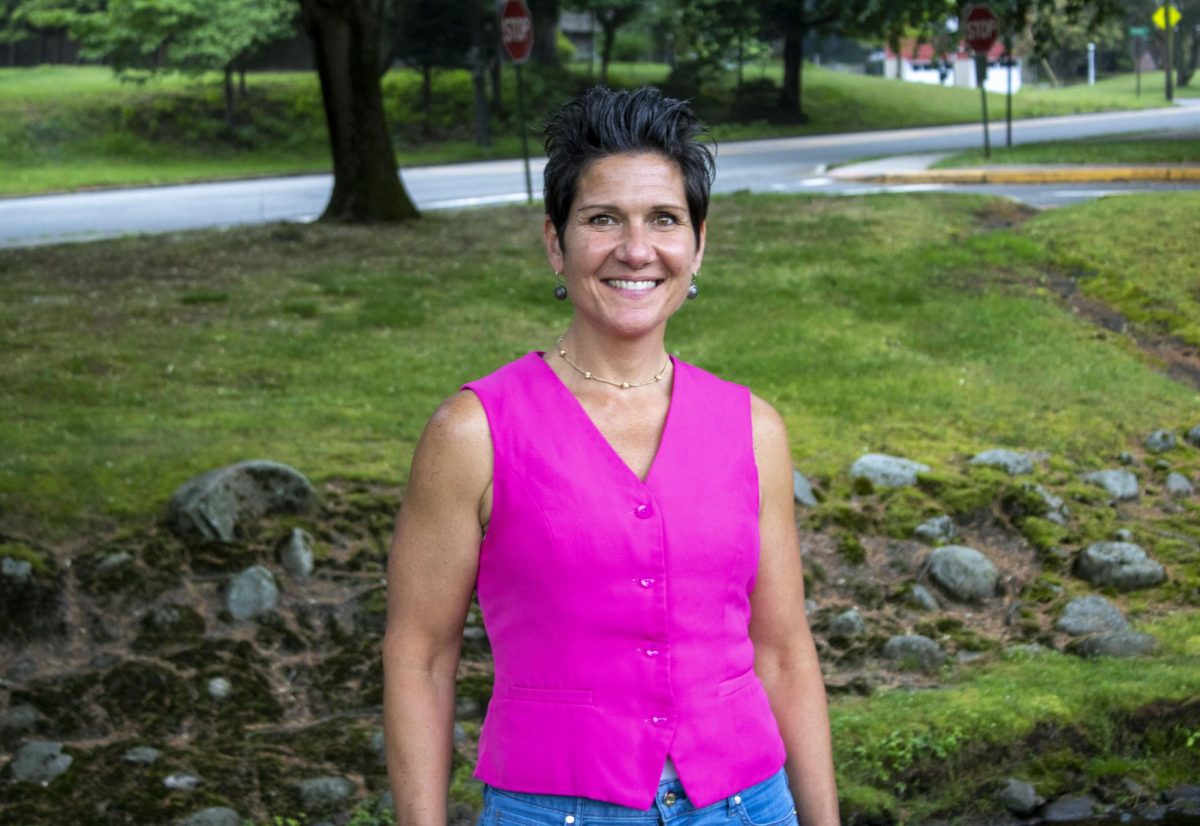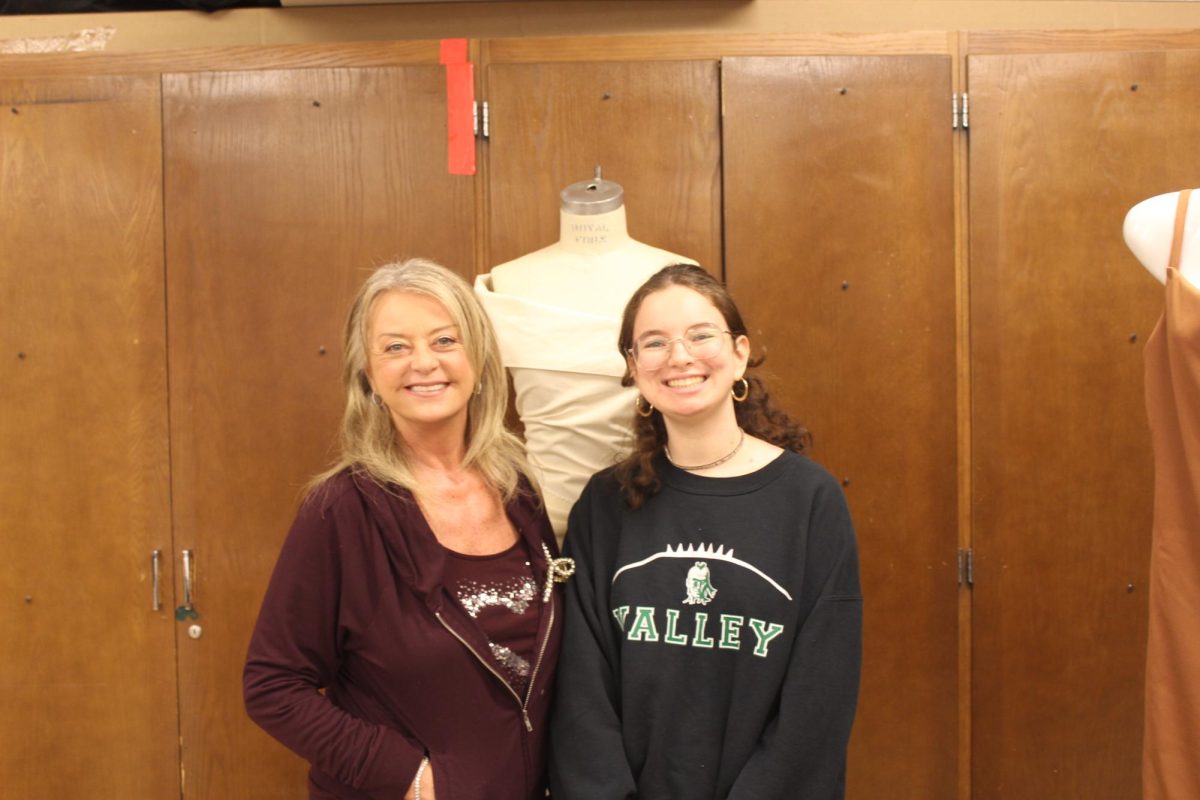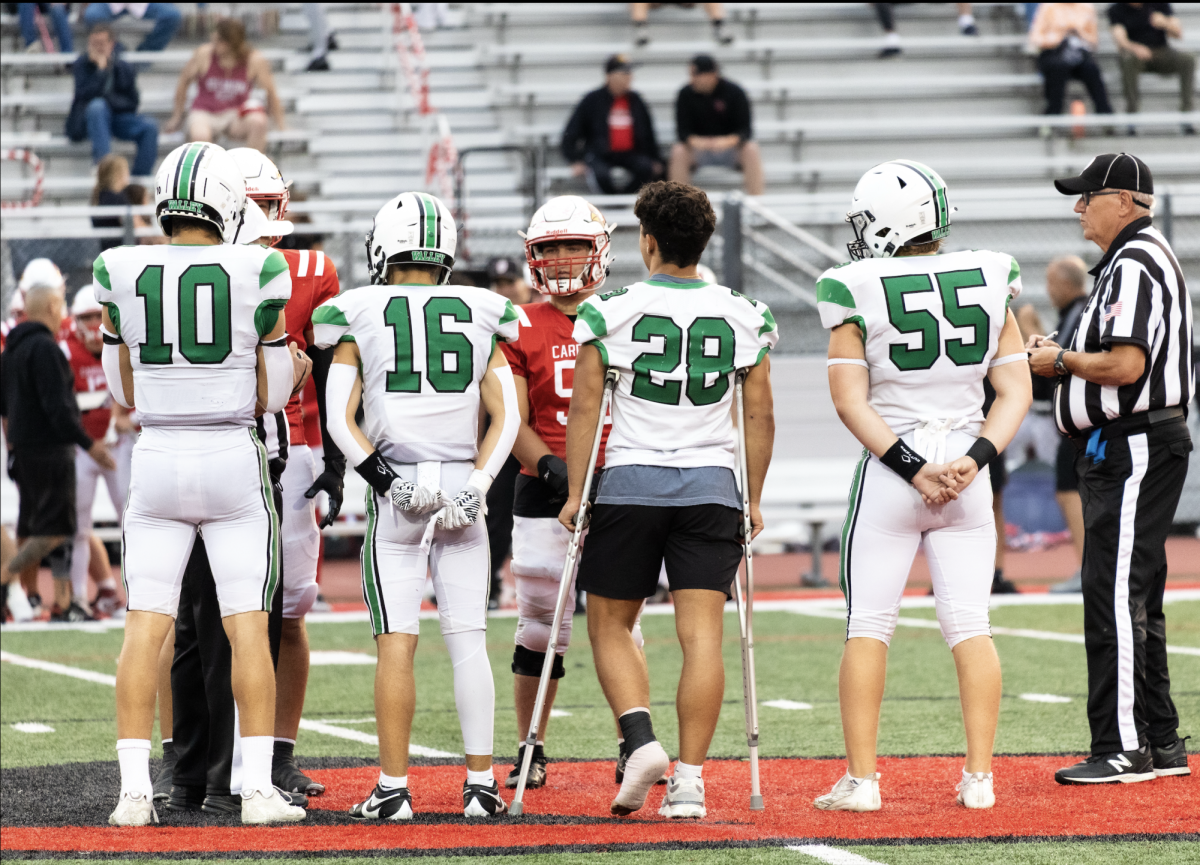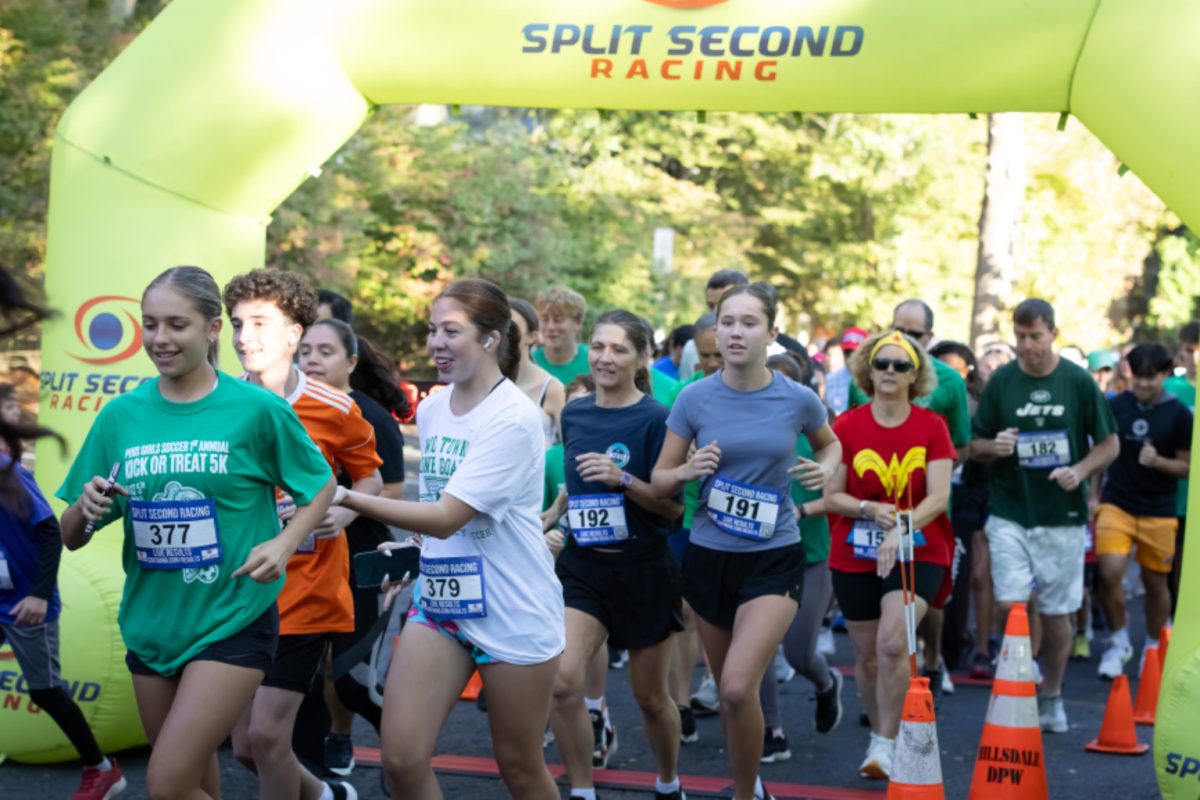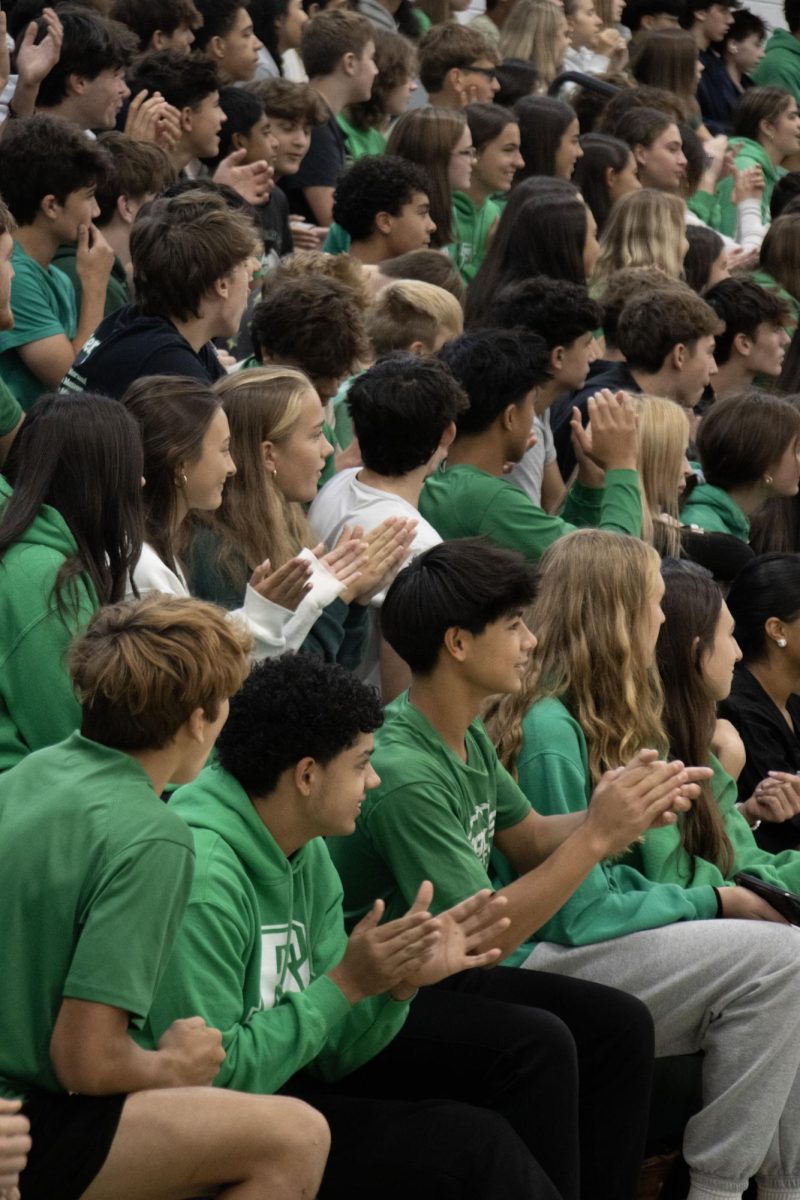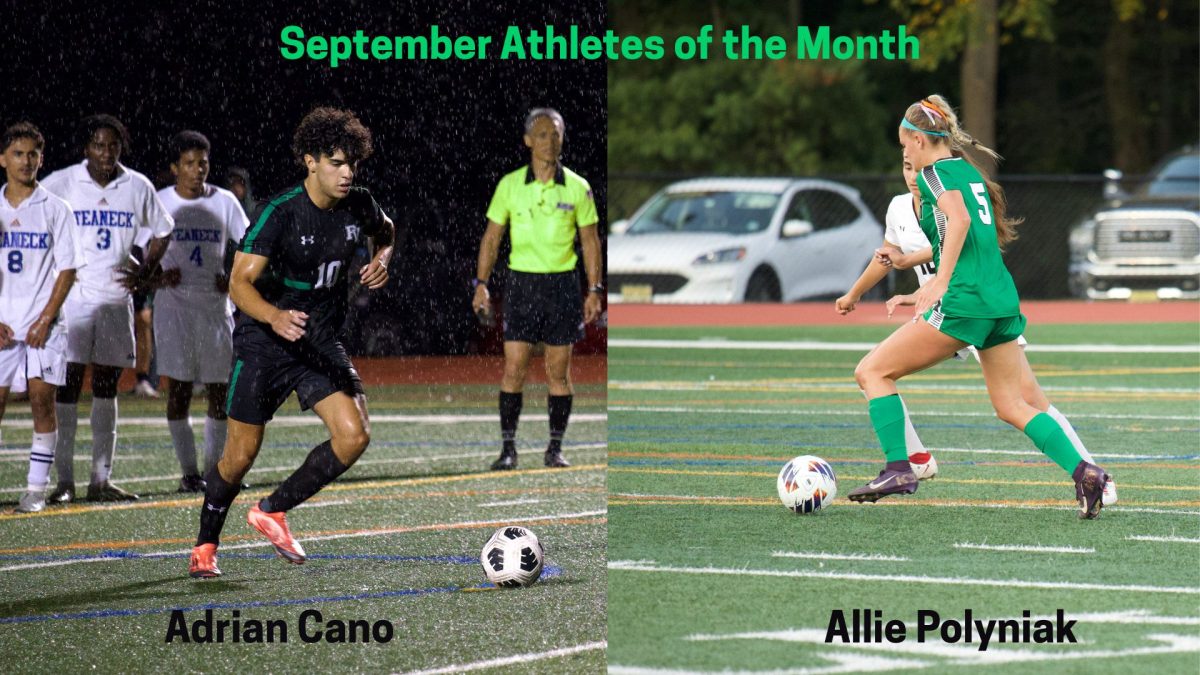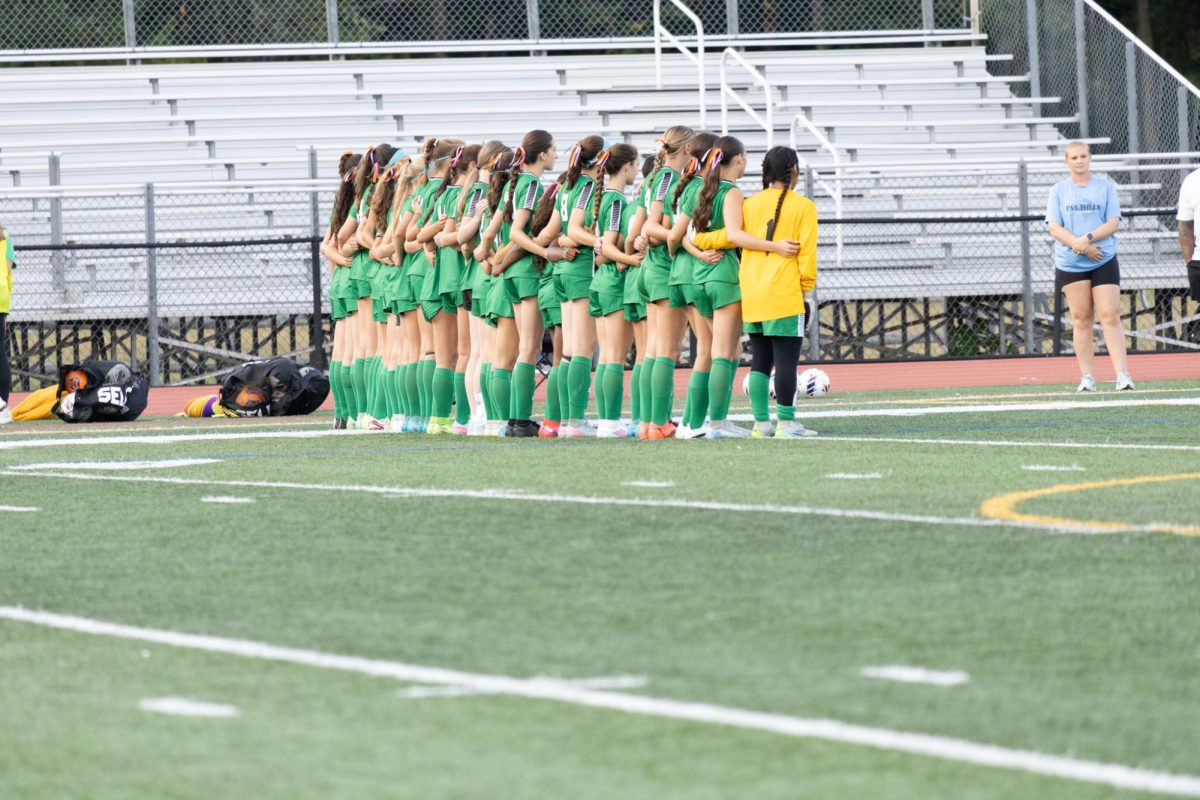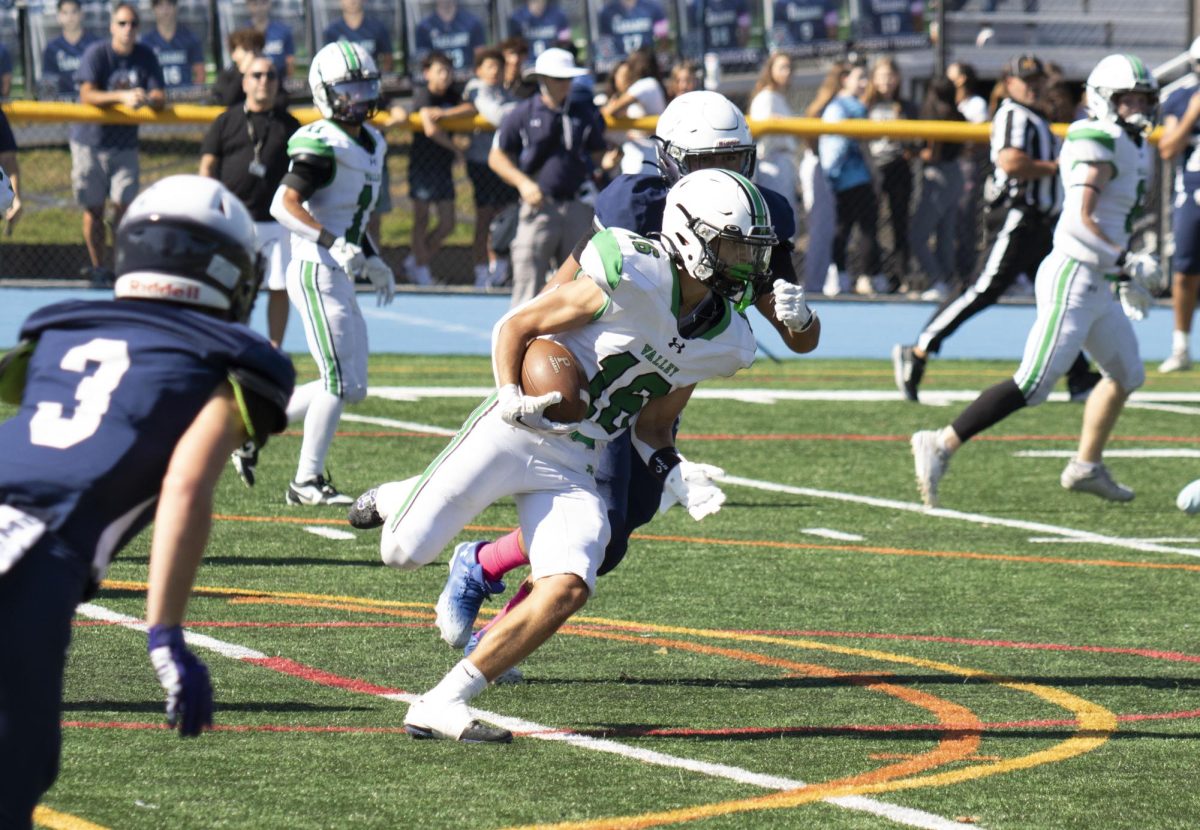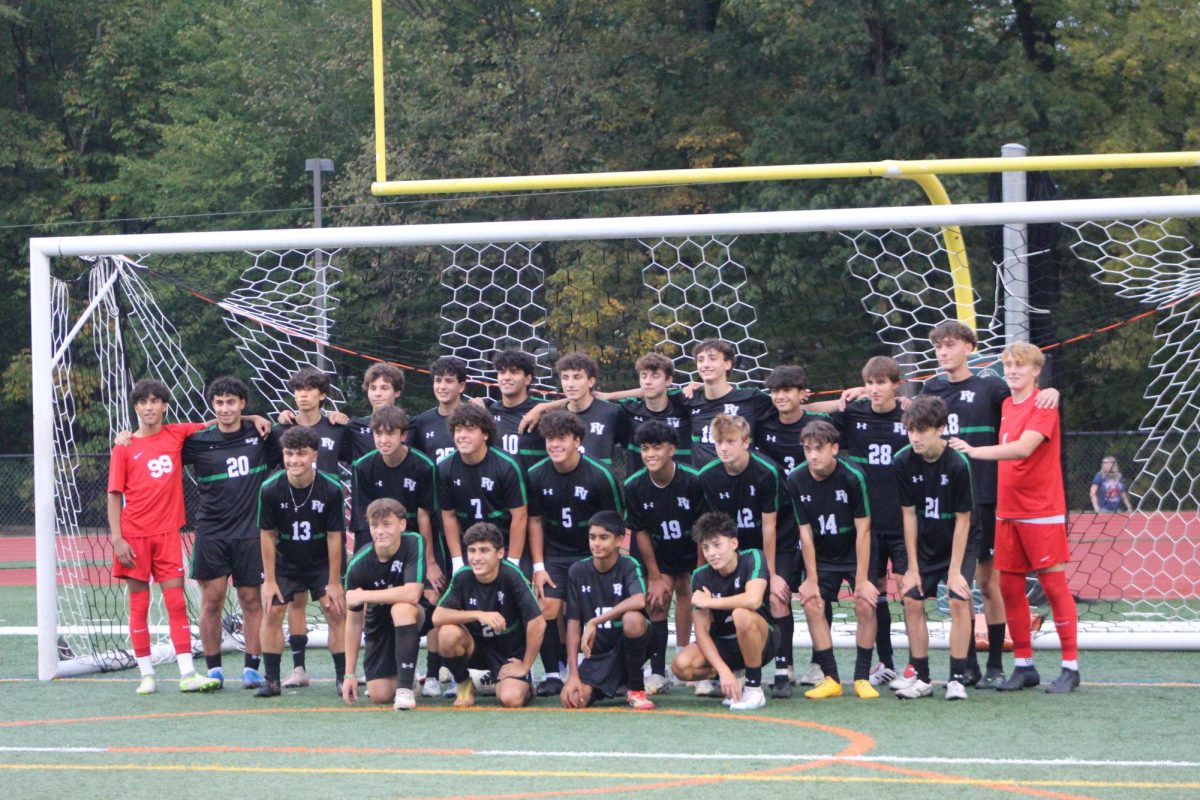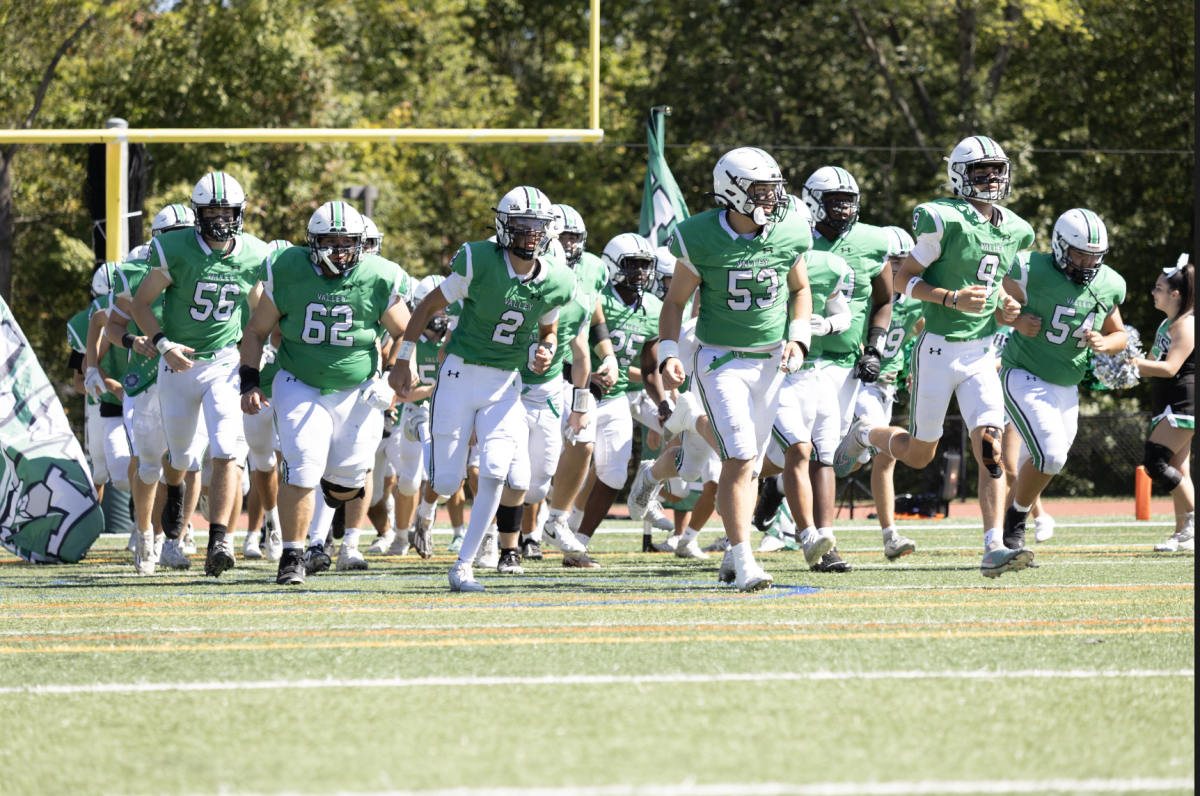On Feb. 26, the History Club hosted Holocaust survivor Sally Frishberg on a virtual call to speak to students in both the History Club and the Pascack Valley student body about her story and her experiences during the Holocaust.
Frishberg remembered most of her experiences, but her husband was there to guide her in telling the story in chronological order as much as possible and to fill in any missing elements from her story.
Frishberg was born in Poland to a Jewish family and lived under German occupation for a short period of time, until the Germans eventually began relocating the Jews to the infamous ghettos. However, Sally and her family knew the dangers of relocating and found a safe haven away from the Germans.
“A friend of my mother’s was Polish Catholic and took us into his home and saved two families,” Frishberg said. “He took us into his attic and protected us in secret.”
At that time, Sally and her family were unable to reveal who the man was that hid them from the Germans due to the confidentiality and possible death he would face due to hiding Jews.
“He saved us in his attic. This is where we spent the dangerous period [when the Germans would] kill any Jew,” Frishberg said.
Frishberg marveled at her family’s good luck for this man who saved their lives during one of the most dangerous times for Jewish people. The man who saved them was no rich or well-off man. Frishberg describes him as “hard-working,” saying he “saved 16 of them.” He fed the 16 people whatever he could spare and “did all he could to save them.”
Frishberg highlighted the horrors of Nazi leader Adolf Hitler and the idea that someone would hate someone to a point where death is considered.
“You don’t have to like everyone, but you do not have a right to kill them,” Frishberg said. “People are people.”
The Nazi reign eventually ended after Hitler’s unsuccessful attempt to steamroll in Russia, leading to the liberation of many Jews from concentration camps and overall feeling of freedom for the Jews.
Frishberg explained that liberation was not easy for the Jews who had lost their homes and everything they had. Many times, they were hungry, and the Russians and liberating services—in most cases—had nothing for the liberated Jews.
Post-liberation, Sally and her family felt pressure from their neighbors and surrounding community to leave Poland. Sally mentioned that oftentimes there would be people with guns coming to her house threatening her family if they did not leave.
“We left and walked out of our empty house to the cities. We picked up more and more people who were in the same position as us,” Frishberg said.
Frishberg crossed country borders at night with her family and other families suffering from the post-liberation prosecution.
“When we got to Germany, we connected with Americans. There is something that is in the American heart that is different,” Frishberg said.
Eventually, Sally was able to reconnect with her father’s brothers who were in the United States.
“We were the second group of immigrants from Europe to [come to] to the United States. I came here November 10, 1947,” Frishberg said.
The History Club stressed the importance of hearing a Holocaust speaker talk about her experiences. Although Frishberg’s story is one she hopes no one ever has to experience again, students in this generation might be the last to ever hear a Holocaust survivor speak and gain a firsthand account that can help them understand this part of history that should not repeat.


